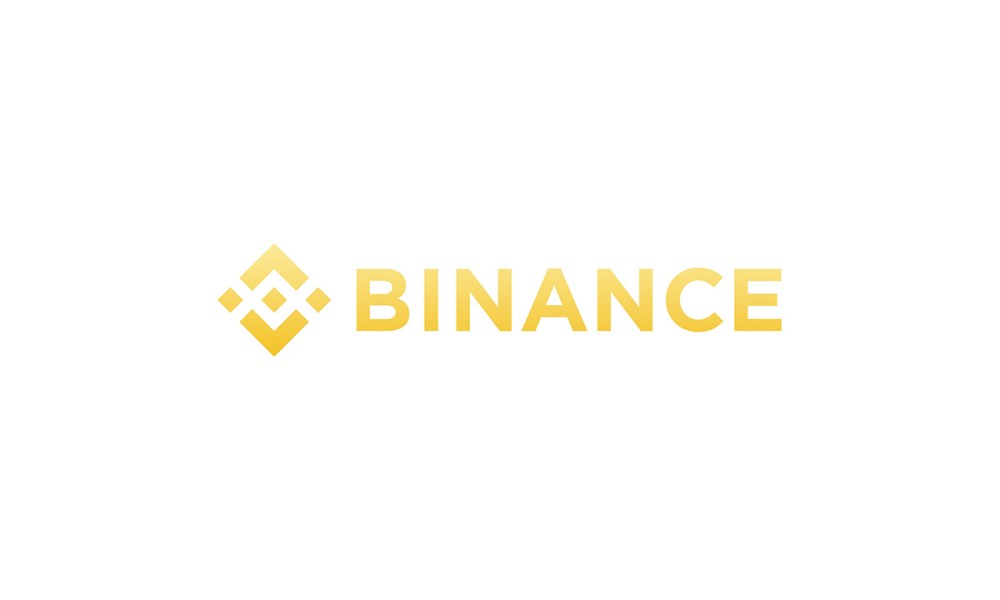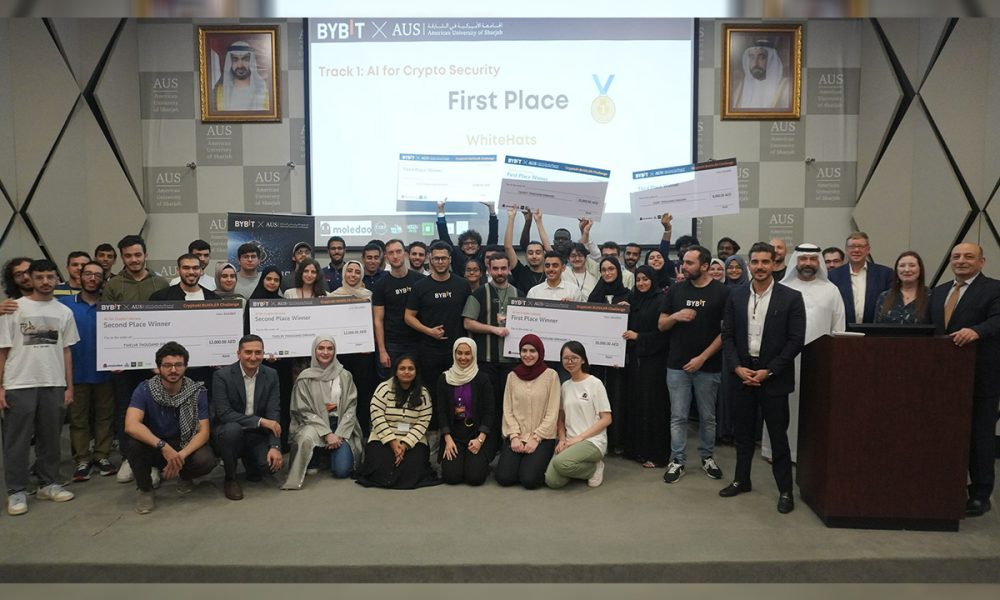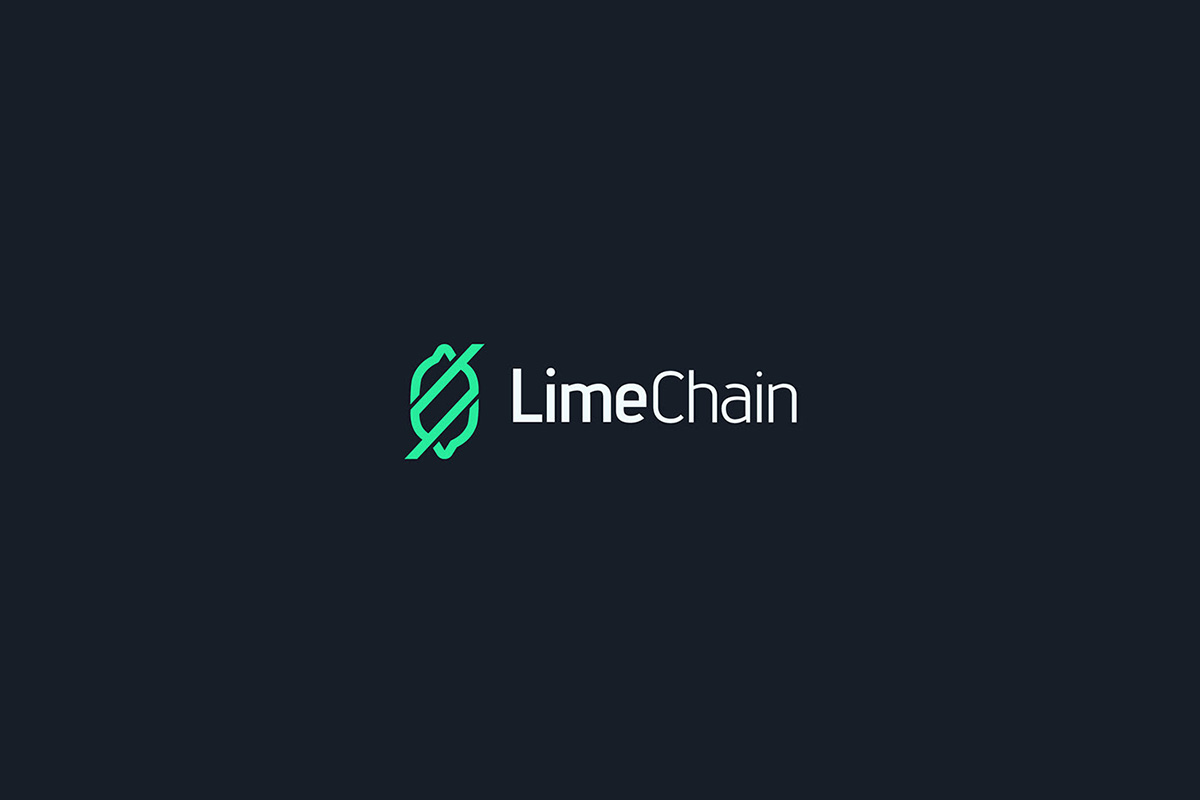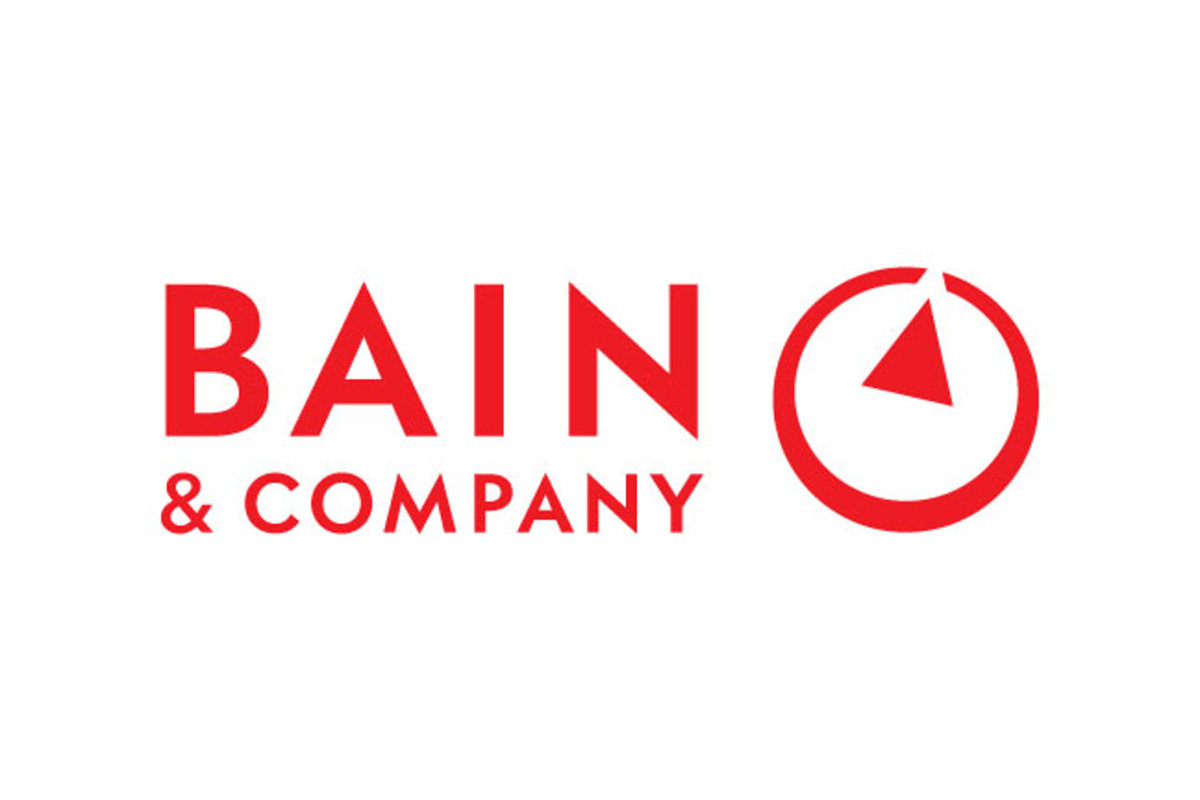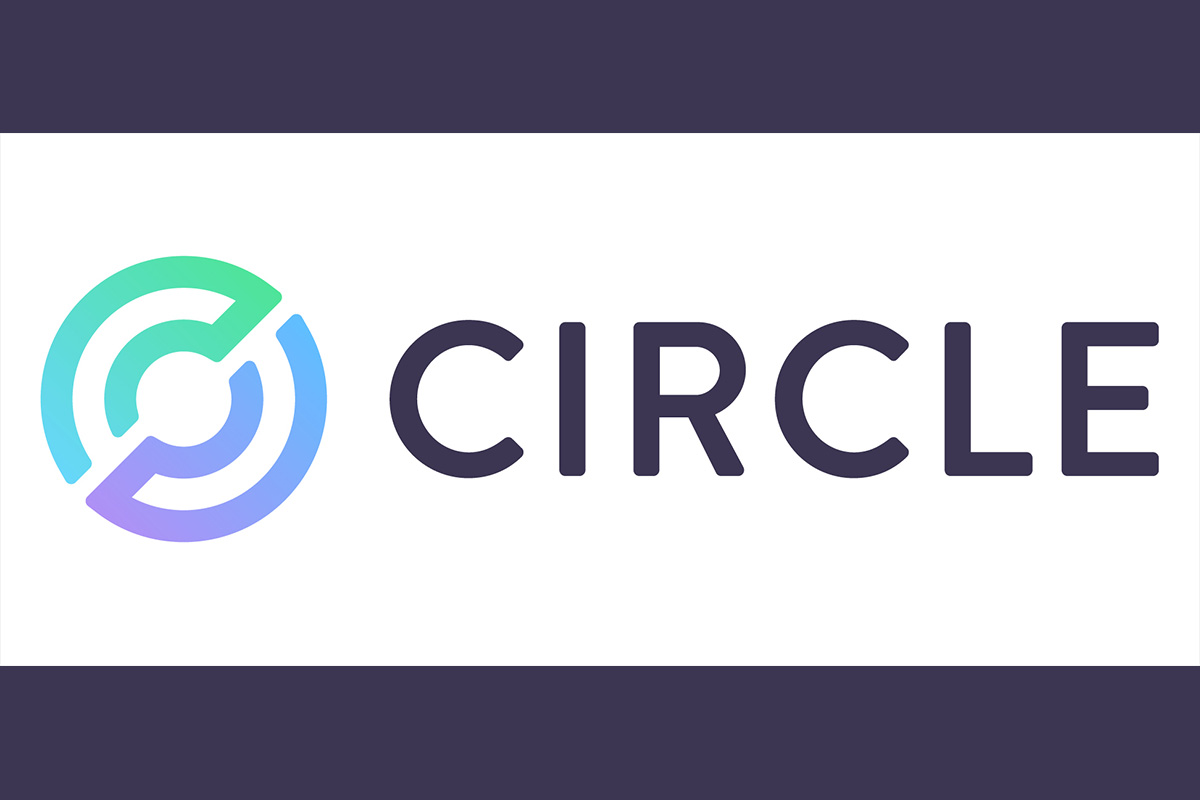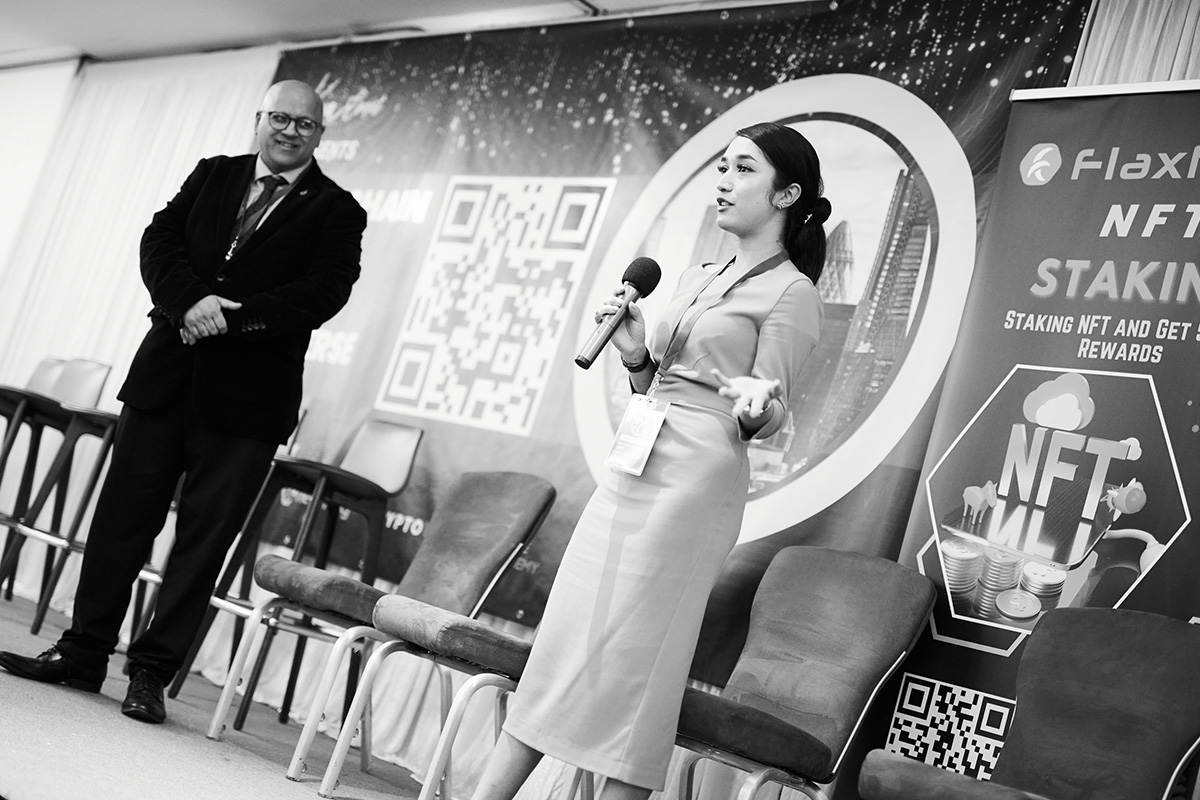Global private equity remains set for further strong, long-term growth even in the face of a sudden reversal in 2022, driven by economic turbulence and uncertainty amid rising inflation and interest rates, Bain & Company’s 14th annual Global Private Equity Report, released today, concludes.
The report emphasizes that last year was still the second strongest in private equity’s history, despite an abrupt mid-year derailment of dealmaking, exits and fund-raising, triggered by a series of interest rate hikes by the US Federal Reserve in response to sharply higher inflation.
While the setback from June, after unprecedented macro shocks, conspired to slow dramatically what had been a decade-long, consistent and attractive run for the PE industry, the Bain study finds that the sector’s underlying fundamentals remain strong and resilient. The report also points to the potential for the PE sector to become even more appealing to investors chafing at the limitations of public markets, despite the shifting economic tides.
Bain concludes that unlike the period from 2007-08, when the global banking system came close to collapse, nothing is fundamentally broken in the underpinnings for PE’s future expansion and current conditions are nothing the industry hasn’t dealt with successfully before.
“So far this year there has been a continuing slow-down in the action, but private equity’s long-term appeal to investors is secure,” said Hugh MacArthur, chairman of the global Private Equity practice at Bain & Company. “As deal activity begins to pick-up in 2023, the industry continues to be well positioned for long-term growth. Despite the drop-off in deal, exit, and fund-raising activity, 2022 was still the second-best year in history. There is undeniable uncertainty in the global market – but this is something private equity has dealt with and persevered through before.”
Examining present and future challenges for the industry, Bain’s analysis highlights that clear strategic “sight lines,” rather than economic conditions, are what will bring energy back to dealmaking even if interest rates remain higher for longer.
Noting that the industry ended last year with a record $3.7 trillion in dry powder, Bain’s report emphasizes the lessons from the last downturn, during which investors didn’t panic but focused instead on risk management and mitigation to set themselves up to accelerate out of the weaker period. Leading players will keep finding deals that they can underwrite accounting for macro conditions and will stay aggressive, the analysis finds.
“While there is obvious disruption in markets, dealmakers can adjust to do deals that work in a range of conditions. The best will do just that, even with lower levels of activity broadly,” said Rebecca Burack, head of the global Private Equity practice at Bain & Company. “Winners will stay close to their proven sweet spots. Critical to their success will be underwriting dealmaking where their expertise and confidence are highest. We’ve seen from past periods of dislocation that investors who follow this strategy have generated very strong returns – so staying in the game is important for all of the industry’s stakeholders.”
Rapid reversal from record highs in 2022 – but stage set for a resurgence
Bain’s report charts the course of 2022’s far-reaching economic and geopolitical turbulence and its impact on the PE sector, which it finds bore the brunt of macro headwinds.
After marking new record highs in 2021, with completed deals worth $1 trillion, capping a stunning 12-year long upcycle for the industry, 2022’s sudden mid-year break in PE activity saw global buyout value (excluding add-ons) drop steeply, by 35%, to $654 billion last year. Overall deal count, meanwhile, tumbled by 10% with some 2,318 transactions completed.
While 2022’s deal value was still the second-best performance for the market historically, this was chiefly driven by the extraordinary momentum from the year’s first half. The second half’s sharp drop-off in deal activity and value was felt across all regions and most sectors, with the decline exacerbated in Asia-Pacific by repeated market shutdowns due to Covid restrictions.
Banks’ reluctance to lend to large leveraged transactions from mid-year as interest rates rose and economic anxiety intensified dictated how dealmaking ultimately unfolded in 2022, Bain notes. Across the US and Europe, leveraged loans fell 50% to $203 billion.
The result was a decline in the sort of large, high-leverage transactions that have for years buoyed deal value so that average deal size fell by 23% over 2022 to $964 million after having climbed steadily every year since 2014 to achieve a record high in 2021 of $1.2 billion. This was mirrored by increased appeal of smaller deals, which took an increased share of total transactions, and of “add-ons”, which made up fully 72% of all North American buyouts last year by deal count as investors and funds pursued “buy-and-build” strategies.
Bain’s analysis also finds that the 2022 PE reversal also hit growth equity and late-stage venture investment – segments that were previously on fire. Overall deal value in these segments dropped 28% to a rounded $644 billion. Activity undercut by the impact of higher interest rates on deal discount rates for future earnings, in combination with investors recalibrating risk appetite and conservative moves by general partners (GPs) to preserve precious cash reserves.
Deal exits fell even harder than investment activity, Bain’s analysis shows. With every channel for exits in decline, buyout-backed exits dropped by 42% to $565 billion while growth equity exits plummeted by 64% to $312 billion. The falls reflected the complete shut-down of the IPO market amid sharp falls in public equities, as well as a drop in sponsor-to-sponsor deals by 58%. Sales to strategic buyers were higher than the five-year average, largely due to corporate earnings’ resilience, but still ended 2022 some 21% down on the prior year.
While Bain finds that the outlook for PE fund-raising remains exceedingly bullish, new fundraising last year was also affected by the deteriorating conditions and confidence, dropping 10% from 2021’s levels to $1.3 trillion – still the second-highest figure on record.
Despite all of the past year’s declines in dealmaking, exits and fund-raising, Bain’s analysis suggests the long-term outlook for private equity remains one of resilience and expected resurgence even though a turnaround in macro conditions is impossible to predict with accuracy. The study explores some of the key sector trends and themes set to be important for further growth across the PE industry.
Individual investors, accounting for half of global asset wealth, to be PE’s next great growth engine
Individual investors and their wealth are expected to be the new great growth engine for PE, Bain reports. It finds that with individual retail investors holding roughly 50% of all global assets under management (estimated to total $275 trillion to $295 trillion) but with only 16% of the capital held by alternative investment funds, this segment represents a vast, untapped market for PE managers seeking to sustain double-digit growth as the industry matures.
Bain finds that funds that are already exploring retail investment markets are moving quickly and that this is forcing the rest of the industry to make choices on whether to “get in the game” and on their positioning. At the same time high-net-worth individuals and their advisors are increasingly being drawn to alternative investments as they explore diversification options and better returns than the traditional markets for public equity and debt will offer.
Large alternative managers are pushing ahead, Bain notes, with many launching funds allowing high-net-worth individuals access to alternative asset classes, banks and advisors are exploring options for clients and fintech offerings are working to adapt tools and solutions to streamline the process. However, Bain also cautions that this new growth area also comes with steep learning curves for participants looking to make channels work at scale.
PE must pivot to organic growth and expanding margins as higher rates are set to persist
The emerging combination since 2022 of higher interest rates and inflationary pressures pose a twin threat for PE and general partners, Bain’s report emphasizes.
While the analysis notes that predicting the uncertain course of prices or inflation is foolhardy, it notes that a series of powerful factors that are in play do remain certain – including ageing populations, government budget strains, and rising material costs due to the global supply chain crunch and trends to onshoring. Bain’s study concludes that these trends mean that the past, historically unprecedented period of zero-to-negative interest rates is over so investors should assume higher interest rate risk.
In turn, the report finds this creates a new imperative for private equity to create value through margin improvement and organic growth. While PE returns in recent years have largely come from expansion in valuation multiple, it suggests that in future GPs will not have the luxury of relying on higher multiples and returns will need to be sought through growth in earnings (EBITDA) even as market expansion and inflationary cost pressures make those gains harder to achieve.
Bain’s report concludes that for PE firms winning in this challenging environment will require finding ways to adjust to these new macro pressures including through investment in automation, in supply chain redundancy and security, and via managing balance sheets against the risk that interest rates may be “higher for longer.” PE players should also look to target customer groups and industries with lower price sensitivity. Lastly, it finds that PE will need to focus more on organic business growth as emerging technologies, weaker GDP growth and stagnant-to-declining populations limit future market expansion in many industries.
Global energy transition and web3 present further key challenges and opportunities for PE
The global energy transition away from carbon-based fuels in pursuit of net-zero, and the increasing impact of web3, despite present hype and turmoil in the crypto world, are two other important areas of challenge and opportunity for private equity examined in detail in the Bain report.
Bain’s analysis highlights that pressure on PE firms to decarbonize portfolios only intensified in 2022, with regulators, consumers, B2B customers, and investors are stepping up calls for change. At the same time, Bain notes, the race to develop new alternative energy sources and other low-carbon solutions is shaping a generational opportunity to put capital to work. The energy transition will need trillions in new capital, the report emphasizes. While ambiguity around regulation, the pace of change, politics and other issues will persist, Bain suggests that PE and its GPs cannot let such uncertainty deter action. Rather, firms need to develop experience, hone capabilities and nurture the networks that will allow them to turn change to their advantage.
Private equity should also rise to the challenges posed by web3, Bain finds. Despite the present ‘crypto collapse’, the broader technologies behind crypto, collectively known as web3 are here to stay and will continue to drive far-reaching impact for business and across markets, the report says. It concludes that whether someone is an investor in next generation IT infrastructure, a fund manager performing due diligence on traditional companies exposed to web3 disruption, or a PE strategist evaluating new fund types and distribution channels, web3 is very likely to emerge as a critical theme during the next 10 years, so that for many funds now is the time to build depth and evaluate means to exploit the consequent technological shifts.


